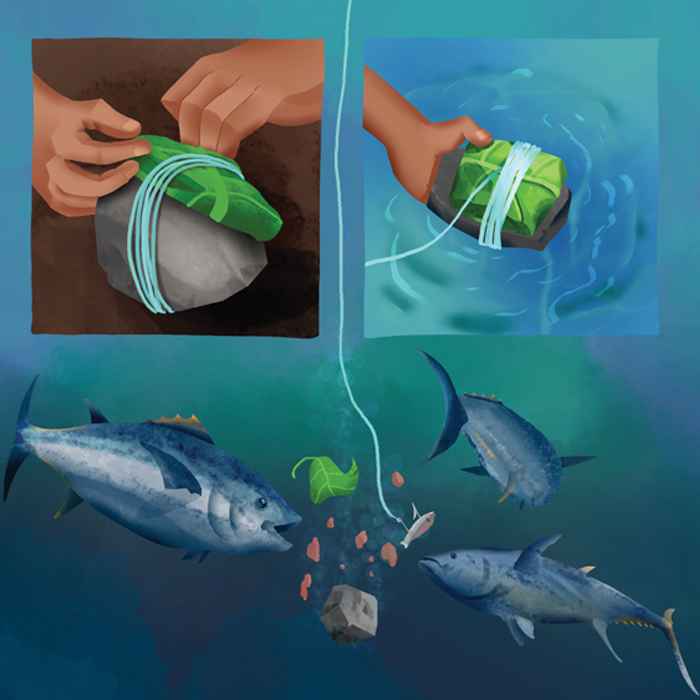Deep Sea Mining: A question of faith and creation care
In the Cook Islands, Deep-Sea Mining (DSM) has sparked debate—not just in politics and science, but also in our churches. Here June Hosking shares thoughts as a committed Christian advocating for creation care.
I believe God’s gift of creation comes with responsibility. Having “dominion” doesn’t mean taking whatever we want—it means caring for what He made.
Reverend Dr Michael Stead, in his paper To Rule and Subdue in Genesis 1, explains that the words “rule” and “subdue” in Hebrew do not grant a license for destruction. While they include the human duty to harness and use the earth’s potential, this must be done with wisdom. They describe the responsibility of a good ruler — one who protects and ensures the well-being of all in their care. Our “dominion” is a sacred duty of stewardship, to be caretakers, not conquerors.
Some say that because God created seabed nodules, they must be ours to use, but what if they are already serving their created purpose right where they are? We still don't fully understand their function in the deep sea environment.
Some in church argue that since the world will end one day, we should take what we can now. But the Bible teaches that Christ’s return is delayed out of love and patience, giving people time to turn to Him (2 Peter 3:9). If damaging the ocean environment intensifies climate change—through, for example, releasing stored carbon—it could ultimately lead to more disasters and loss of life. Why would anyone want to hasten that? It wouldn’t be an “act of God”, but the consequence of selfishness/greed.
Yes, wealth can be a blessing and scripture calls us to use our wealth for good (1 Timothy 6:17-18; Proverbs 3:9; Proverbs 11:25). But Jesus warns us not to serve/love money and to learn contentment (Luke 12:15; Hebrews 13:5; 1 Timothy 6:6-11; Psalm 23:1). When mining decisions are driven by profit or imaginings of getting rich, instead of long-term good, we risk losing sight of what matters most: love, justice, mercy, and relationship with God.
Some suppose that "hidden treasures of the sand" (Deuteronomy 33:19) refers to the nodules. Read in context, this blessing was given to a specific tribe thousands of years ago. For all we know the treasures may have been tasty morsels or decorative shells. Also, important to note, where our nodules are, on the abyssal plains, the seabed is not sand.
Even if the verse was twisted out of context to try to fit DSM, a good steward wouldn’t destroy something precious and essential to human life (the ocean), for uncertain gain. Deep-sea ecosystems are fragile and may take centuries to recover, if at all.
Psalm 24 reminds us: “The earth is the Lord’s, and everything in it”—including the ocean floor. It’s not ours to exploit.
As Cook Islanders, our lives and culture are connected to the land, sky and the ocean that carried our ancestors, feeds us, gives us breath, rain, and pleasure. As we look at the ocean it reminds us that we are such a tiny part of a complex design.
As a Christian, I believe that creation care is our duty. We seek wisdom —the kind of wisdom that listens to God’s voice/Word, respects creation, and desires good for people, including future generations. Protecting the deep sea isn’t about fear or resistance; it’s about honouring God’s artistry and incredible design.
So as a Christian, when I think about DSM, I have to ask: are we acting out of faith and love—or fear and greed? The answer will show what kind of stewards we truly are.
Image: Page from the book 'Unbroken', showing how our tupuna, and some fishers now, demonstrate living in harmony with creation through practices like drop stone fishing.

